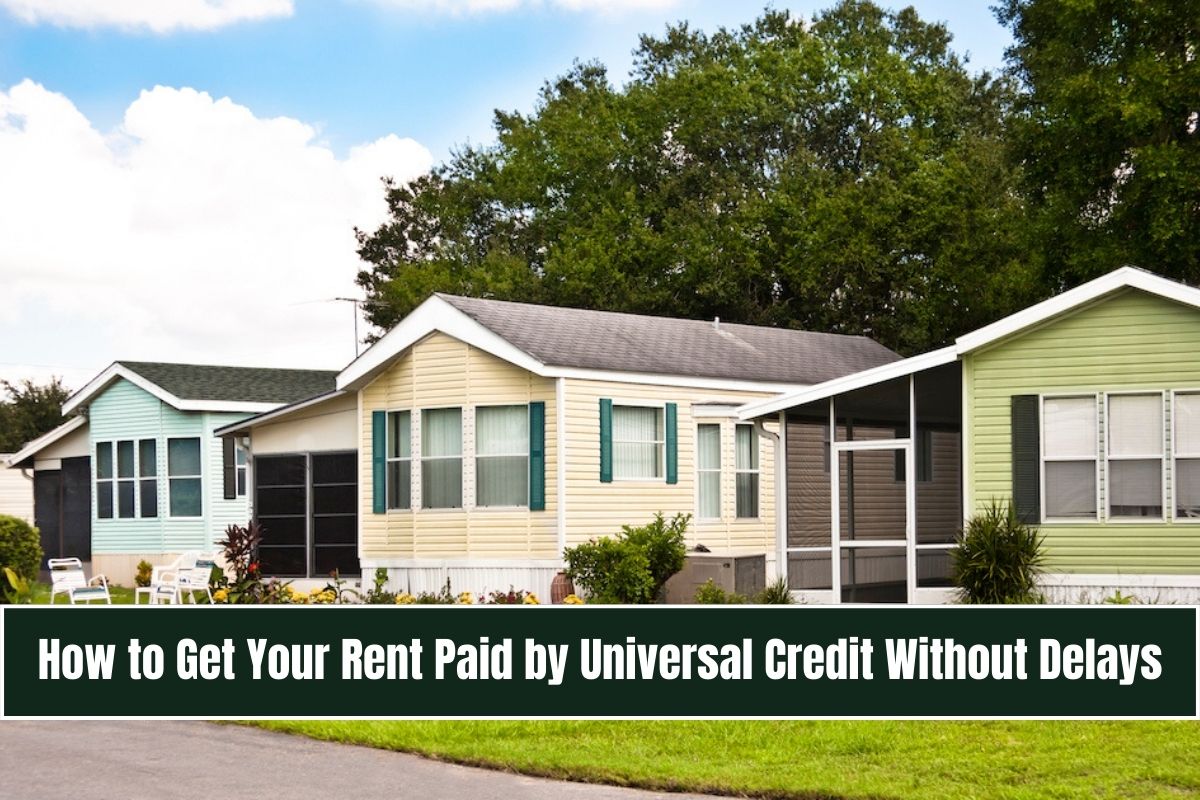If you’re eligible for Universal Credit, you can receive extra financial support to help cover your housing costs. This support is available whether you rent privately, rent from a housing association or local authority, or pay service charges as a homeowner.
This guide explains who qualifies, how payments work, and what to do if your housing support doesn’t cover all your rent.
What Housing Costs Does Universal Credit Cover?
The extra money you get through Universal Credit can help pay for:
Rent to a private landlord
Rent and service charges (if you rent from a housing association or council)
Service charges for homeowners (if you or your partner own the home you live in)
Once you start claiming Universal Credit, you must report any changes in your circumstances, or your benefits may stop.
Universal Credit for Supported, Sheltered, or Temporary Housing
If you live in supported, sheltered, or temporary housing, you may be able to get Universal Credit for your housing costs, but it depends on your situation.
You CAN claim Universal Credit for housing costs if:
- You live in supported or sheltered housing and
- You do not receive ‘care, support, or supervision’ through your housing
You CANNOT claim Universal Credit for housing costs if:
- You live in supported or sheltered housing and receive care, support, or supervision
- You live in temporary accommodation arranged by the council because you’re homeless
- You live in a refuge for survivors of domestic abuse
If you cannot get Universal Credit for housing costs, apply for Housing Benefit instead.
Other Help with Housing Costs
If you’re struggling financially, you may be able to get extra support through Universal Credit, including:
Council Tax Reduction – You may qualify for lower council tax payments.
Support for Mortgage Interest (SMI) – If you own your home and have been on Universal Credit for 3 months, you may get help with mortgage interest payments.
Utility Bill Payments from Benefits – You can ask for ongoing utility bills (such as electricity, water, and gas) to be paid directly from your benefits.
Your Universal Credit might go down if you receive more than the benefit cap limit.
What If Your Housing Payment Doesn’t Cover All Your Rent?
If your Universal Credit housing support doesn’t cover your full rent, you may be able to get extra financial help from your local council. This is called a Discretionary Housing Payment (DHP) and can help with:
Rent shortfalls
Rent deposits
Moving costs
To apply for a Discretionary Housing Payment, contact your local council.
What Happens If You Change Your Address?
- The amount of housing support you receive is based on your housing costs at the end of your assessment period.
- If you move to a new address, your payment may change depending on your new rent amount.
What If You Become Homeless While on Universal Credit?
If you become homeless, you must report it in your Universal Credit online account.
- Your work coach can temporarily pause your Claimant Commitment (called an ‘easement’), so you have time to find accommodation.
- You can continue receiving Universal Credit while looking for a new home.
Universal Credit Housing Payments in Scotland
If you live in Scotland, you can choose how your housing payment is made:
Paid to you directly in your Universal Credit payment
Paid straight to your landlord
You can also choose to receive Universal Credit payments either once or twice a month.
Payment Schedule in Scotland
If you choose to be paid twice a month, the schedule works as follows:
First full payment – Paid at the start of your claim
Second month’s payment split into two parts:
- First half paid one month later
- Second half paid 15 days after that
Example:
- First payment: 14 December (full month’s amount)
- Second payment: Half paid on 14 January, other half on 29 January
- Ongoing payments: Paid on the 14th and 29th of each month
Universal Credit provides extra financial help for housing costs, whether you rent privately, from a council, or own your home. If your Universal Credit housing payment doesn’t cover all your rent, you can apply for Discretionary Housing Payment (DHP) through your local council.
If you live in supported or temporary housing, check if you qualify for Universal Credit or Housing Benefit. Those in Scotland can choose to receive payments twice a month and have rent paid directly to their landlord.
FAQ
Does Universal Credit cover all my rent?
Not always. If your Universal Credit doesn’t cover your full rent, you can apply for a Discretionary Housing Payment from your local council.
Can Universal Credit be paid directly to my landlord?
Yes, if you live in Scotland, you can choose to have your housing support paid directly to your landlord.
What happens if I become homeless while on Universal Credit?
You must report this in your online account. Your work coach can temporarily pause your Claimant Commitment to help you find housing.
